Running a restaurant is more challenging than ever. With rising food costs, staffing shortages, and increasing competition, restaurant owners are under pressure to protect every dollar of revenue. Many restaurants rely on third-party delivery apps and commission-based platforms to attract customers. While these platforms promise visibility, convenience, and quick growth, the hidden truth is that third-party commissions drain restaurant profits and reduce long-term sustainability.
In this blog, we’ll explore why restaurant owners should avoid third-party commissions, how they impact profitability, customer relationships, and brand control, and what better alternatives exist for independent restaurant growth.
The True Cost of Third-Party Commissions
At first glance, third-party apps like DoorDash, Uber Eats, and Grubhub seem like a lifeline. They bring traffic to your restaurant, process online orders, and provide delivery. However, what most restaurant owners discover quickly is the hefty commission fee structure.
- Many platforms charge 20% to 30% commission per order.
- On top of that, service fees and promotional costs can increase the expense.
- Restaurants often earn less than 70 cents on every dollar spent by customers.
For example, if your restaurant sells $10,000 worth of food through these apps in a month, you could lose $3,000 or more in commissions. That’s money that could have gone toward staff wages, better ingredients, or marketing your own restaurant brand.
Transitioning to the next point, the cost is not just financial, it’s also about control.
Loss of Control Over Your Restaurant Brand
When customers order through third-party apps, they often see your restaurant listed alongside dozens of competitors. These apps prioritize restaurants that pay for extra visibility, and they frequently use algorithm-driven placement. This means your loyal customers might see competitor ads before they even find your restaurant.
Additionally:
- You cannot control how your menu is displayed.
- Customer data stays with the platform, not with you.
- Branding elements like loyalty programs and promotions are restricted.
As a result, your restaurant becomes just another name in the app instead of a unique brand with personality and story. This loss of identity makes it harder to build lasting customer loyalty.
Customer Relationships Are Taken Away
Strong customer relationships are the foundation of every successful restaurant. But with third-party commission platforms, you don’t actually “own” the customer.
- Customer information such as email addresses, phone numbers, and order preferences are kept by the platform.
- You cannot directly market to your own customers.
- If a delivery goes wrong, customers often blame your restaurant—not the third-party service.
Because of this, restaurants lose the ability to build trust, personalize experiences, and create repeat business. Instead of becoming your customer, they remain loyal to the platform.
Therefore, relying heavily on third-party apps weakens one of the strongest assets of your business, your customer base.
Shrinking Profit Margins
Profit margins in the restaurant industry are already razor-thin. With food costs and labor costs rising, many restaurant owners operate with margins as low as 5% to 10%. Adding third-party commissions on top of that can push restaurants into losses.
- A 30% commission can wipe out almost all profits.
- Even restaurants with strong dine-in sales may struggle if too many orders are processed through third-party apps.
In other words, commissions turn growth into dependency, where your restaurant is busy but not profitable.
The Myth of “Exposure”
Third-party apps often sell the idea of exposure. They claim they will introduce your restaurant to new customers. While this may happen in the beginning, over time:
- Most customers simply search for discounts or fastest delivery.
- Your brand becomes interchangeable with others.
- You pay for exposure but cannot convert that into long-term loyalty.
Instead of growing your restaurant’s direct audience, you end up growing the platform’s user base. This short-term visibility comes at the expense of long-term stability.
Dependence on Third-Party Apps
Another problem is dependence. When restaurants rely heavily on apps, they lose the ability to manage their own marketing and sales. If a platform increases commission rates or changes its policies, your business suffers immediately.
For example:
- Commission rates can increase without notice.
- App algorithms may lower your ranking.
- Promotions may require extra fees just to stay visible.
This dependency puts your restaurant’s success in the hands of a third party, instead of keeping control within your business.
Better Alternatives for Restaurant Owners
The good news is that there are smarter alternatives for restaurant growth. Instead of paying high commissions, restaurant owners can invest in commission-free restaurant ordering systems.
Solutions like myRestro provide:
- A 90-day free trial with 0% commission.
- Only 10% commission after trial, compared to 30% charged by apps.
- The freedom to use other platforms alongside myRestro without restrictions.
- Free digital marketing worth $1500 during trial.
- Restaurants can keep 100% of tips from online orders if they decided to do in-house delivery.
Most importantly, restaurant owners maintain full control over branding, customer data, and pricing. By driving customers to your own website or branded ordering system, you build long-term loyalty instead of renting visibility.
Why Customers Prefer Direct Ordering
Customers also benefit when they order directly from a restaurant’s own platform:
- Lower menu prices since there are no hidden fees.
- Exclusive deals and promotions.
- Better communication with the restaurant.
- Confidence that their money supports the local business directly.
As customers become more aware of the negative effects of third-party commissions, many are actively looking for restaurants that offer direct ordering options.
How Avoiding Third-Party Commissions Builds Sustainability
When restaurants avoid third-party commissions, they:
- Protect Profit Margins – More revenue stays in the business.
- Strengthen Customer Loyalty – Direct relationships create repeat business.
- Gain Full Control – Menu, promotions, and branding remain consistent.
- Build Long-Term Stability – Growth is sustainable without dependency on outside platforms.
Ultimately, avoiding third-party commissions is not just about saving money, it’s about building a restaurant that thrives for years to come.
Conclusion
Third-party commissions may look like a convenient solution, but they come with high costs. From lost profits to weakened customer relationships, the risks outweigh the benefits. Restaurant owners who want to grow sustainably should consider commission-free alternatives that give them control, transparency, and long-term profitability.
Are you ready to stop losing money to third-party apps and take back control of your restaurant? myRestro is here to help. With a 90-day free trial, zero upfront costs, and complete transparency, you can grow your business without worrying about high commissions.
Address: 18000 Pioneer Blvd, Suite #203, Artesia, CA 90701
Email: info@myrestro.io
Phone Number: +1 (562) 366-0646
Start your free trial and experience a smarter way to manage your restaurant orders.


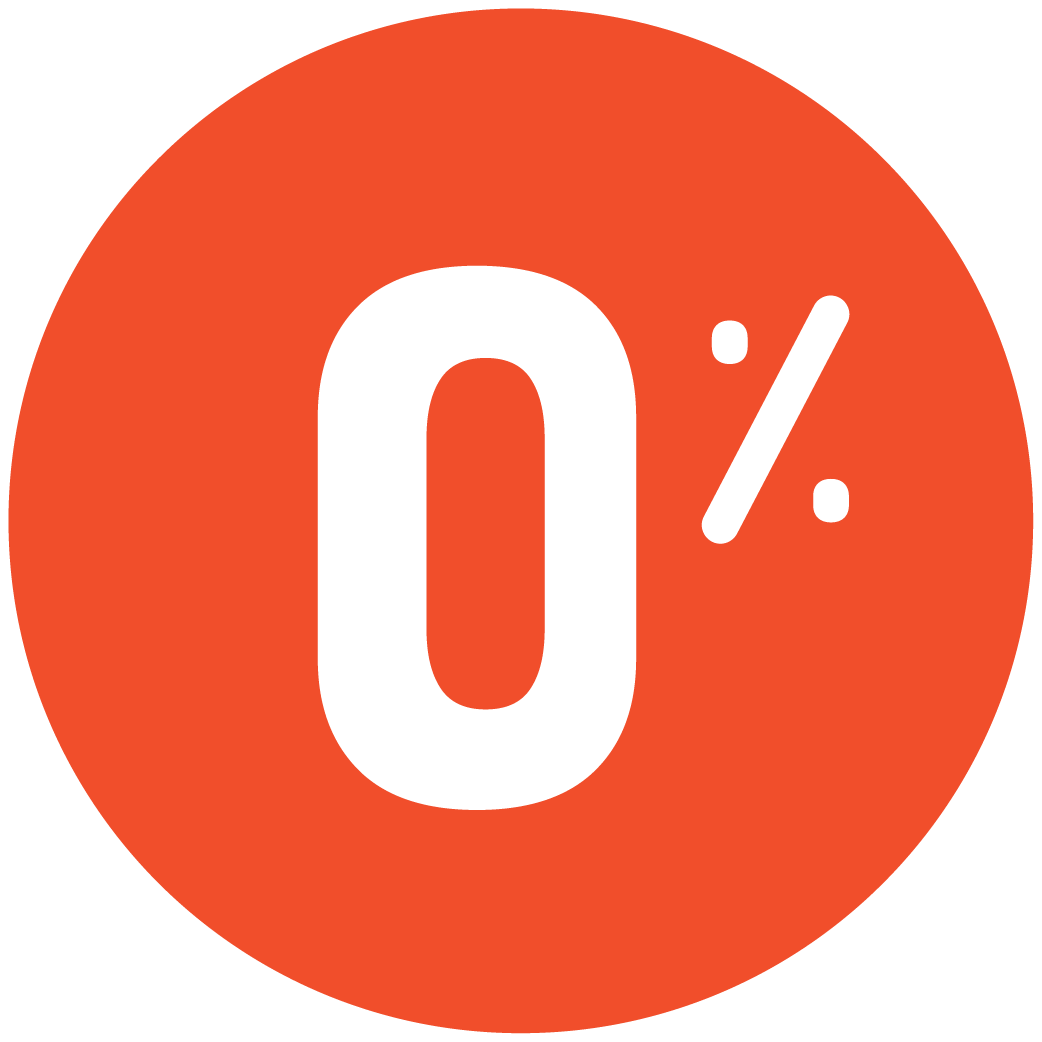


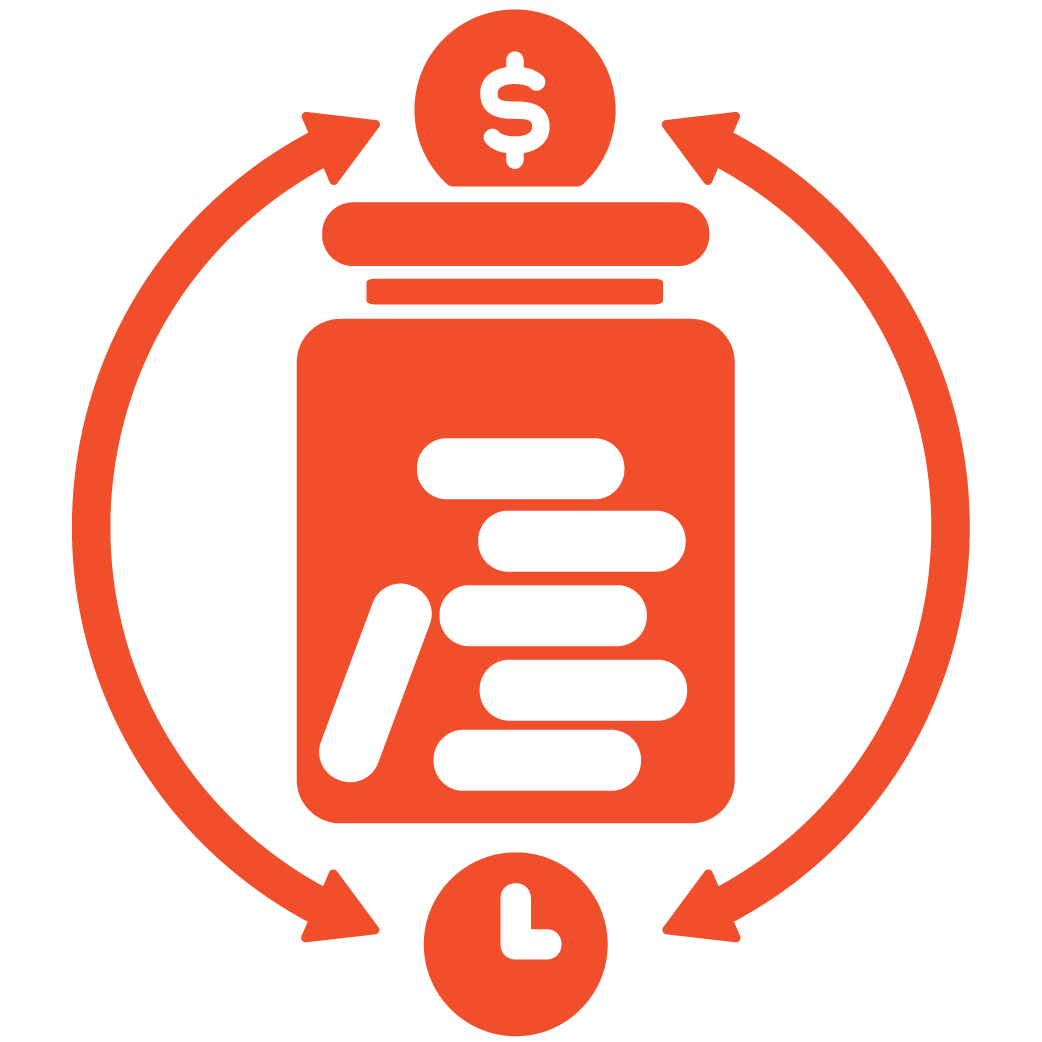
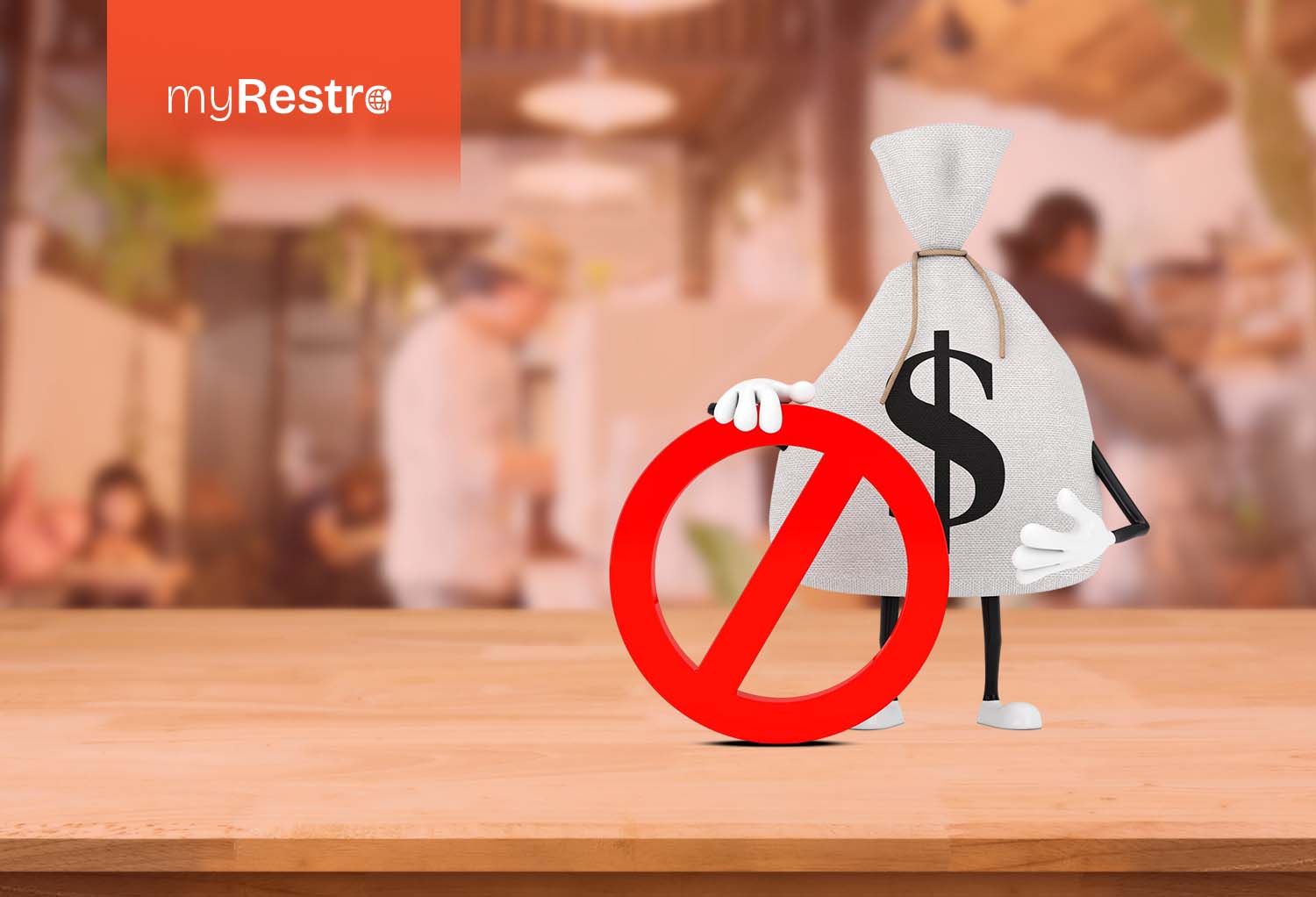
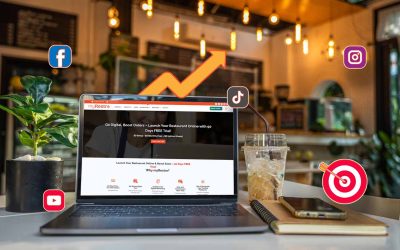
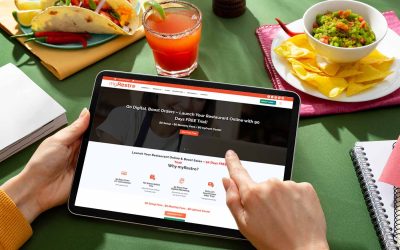

0 Comments